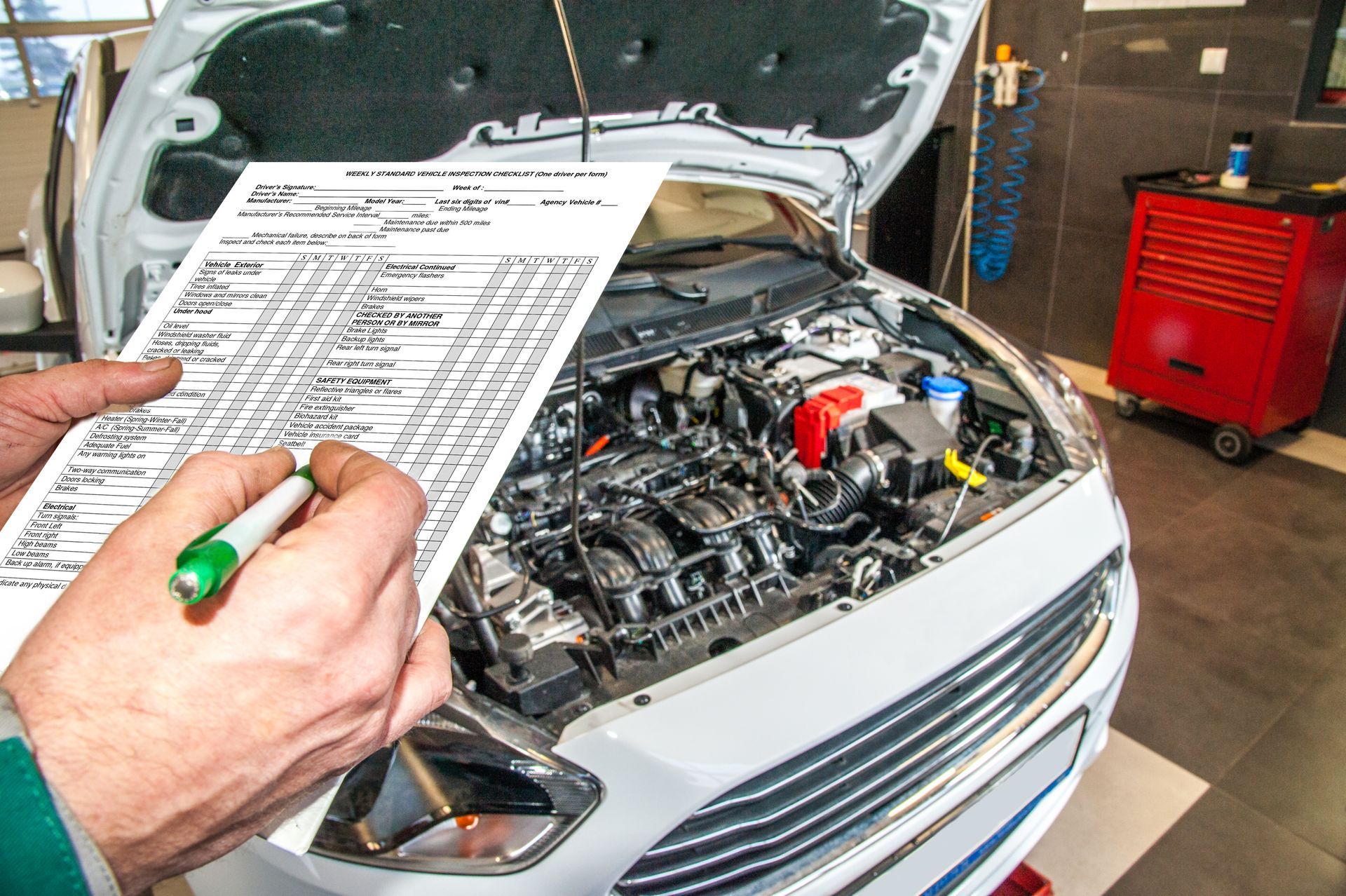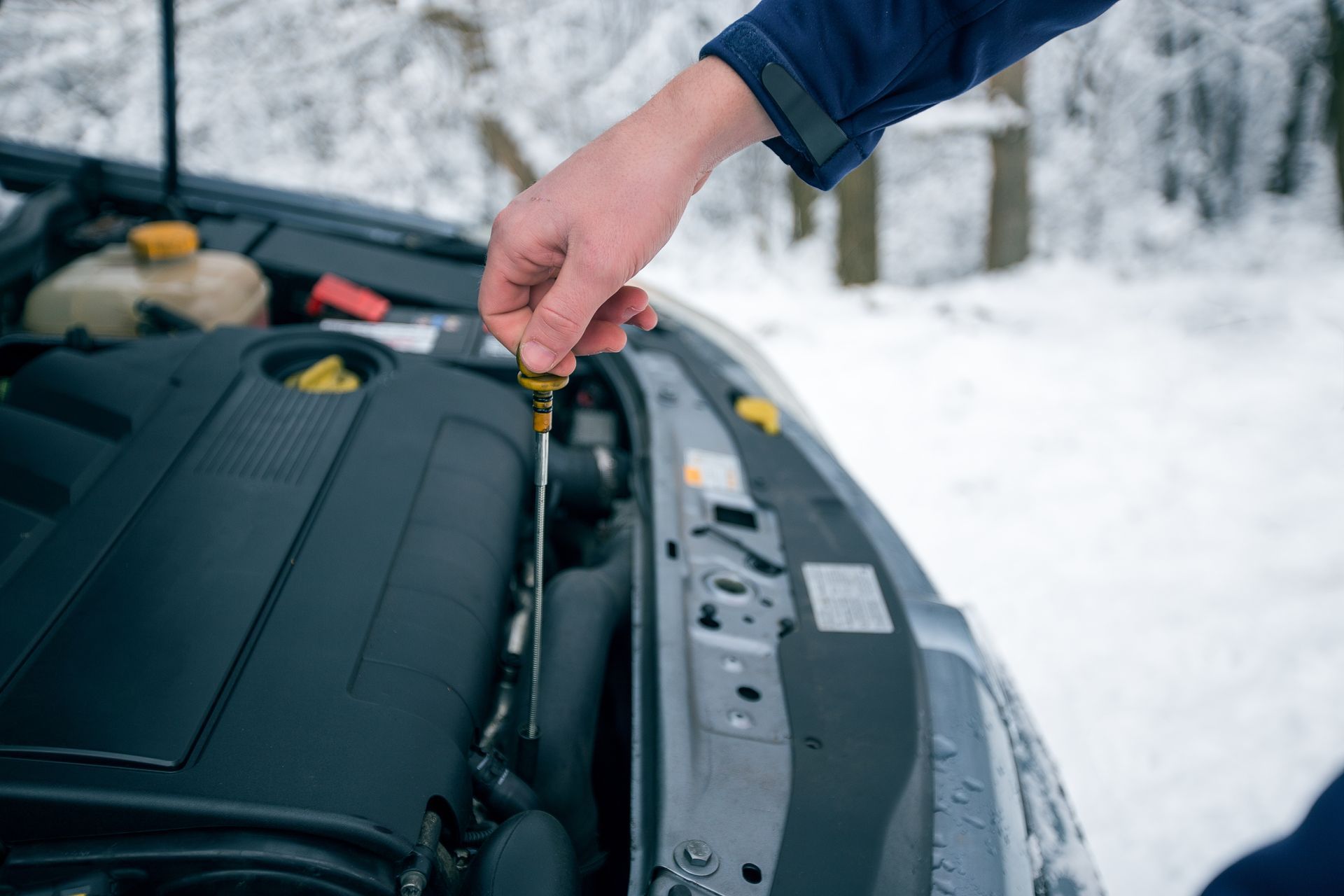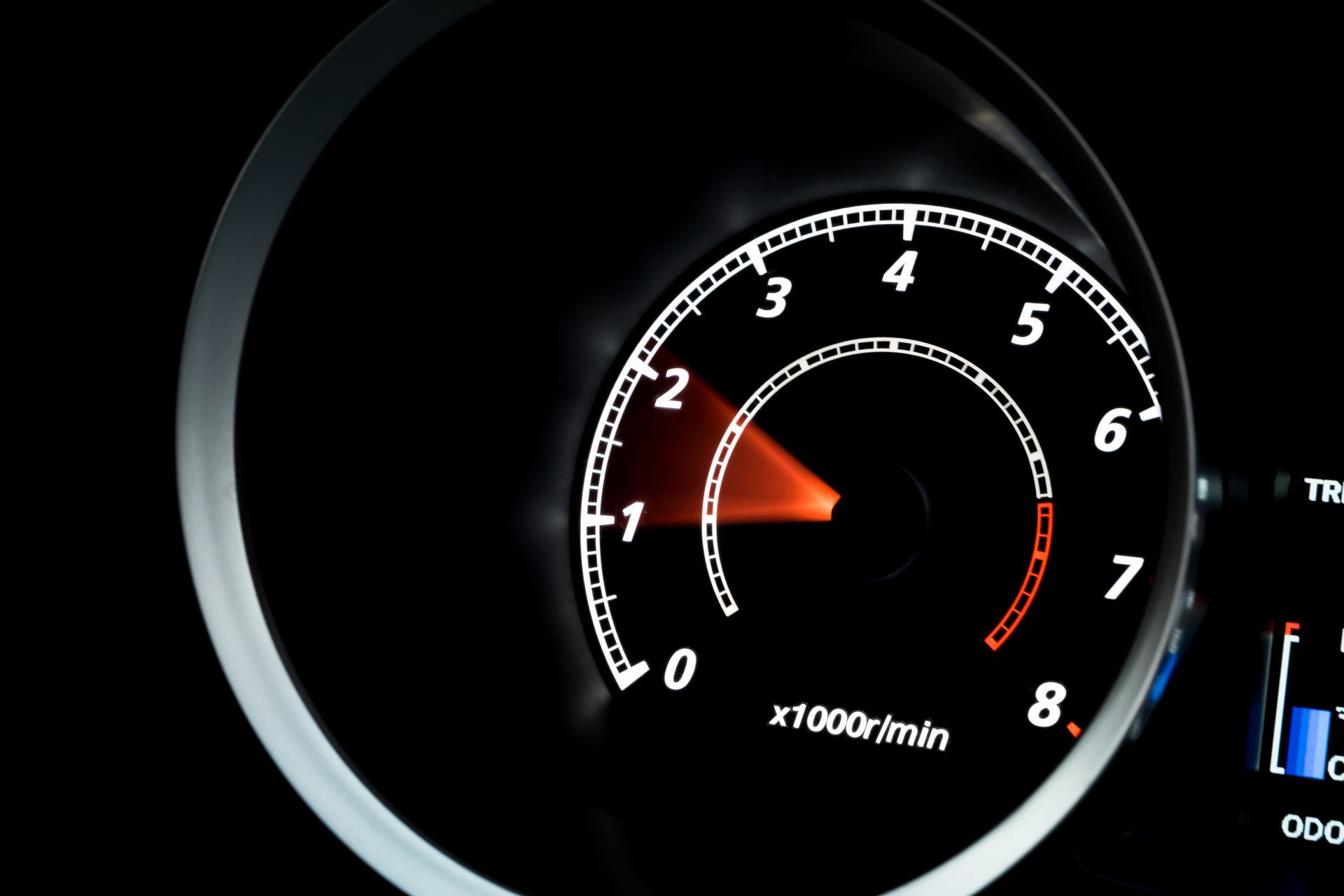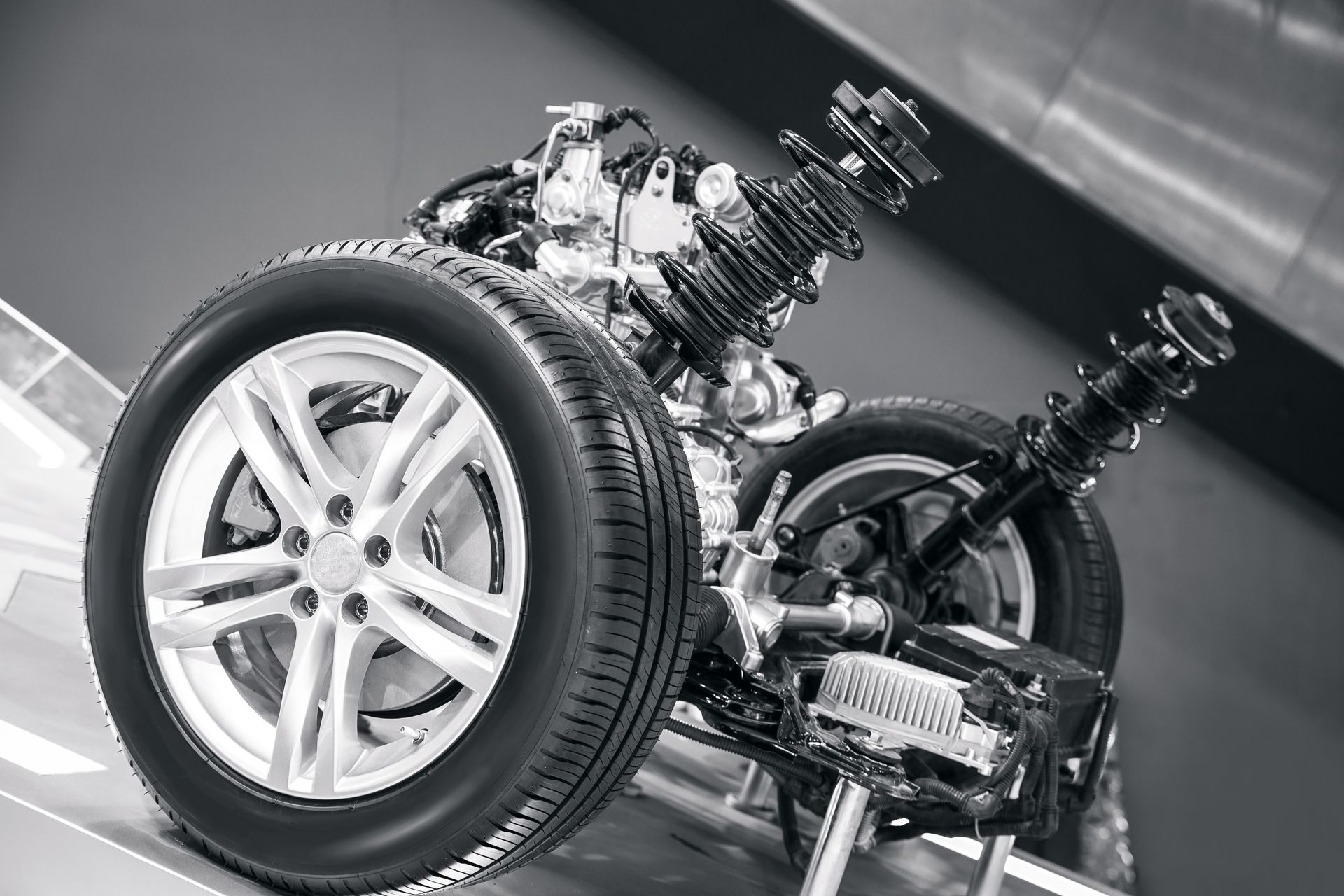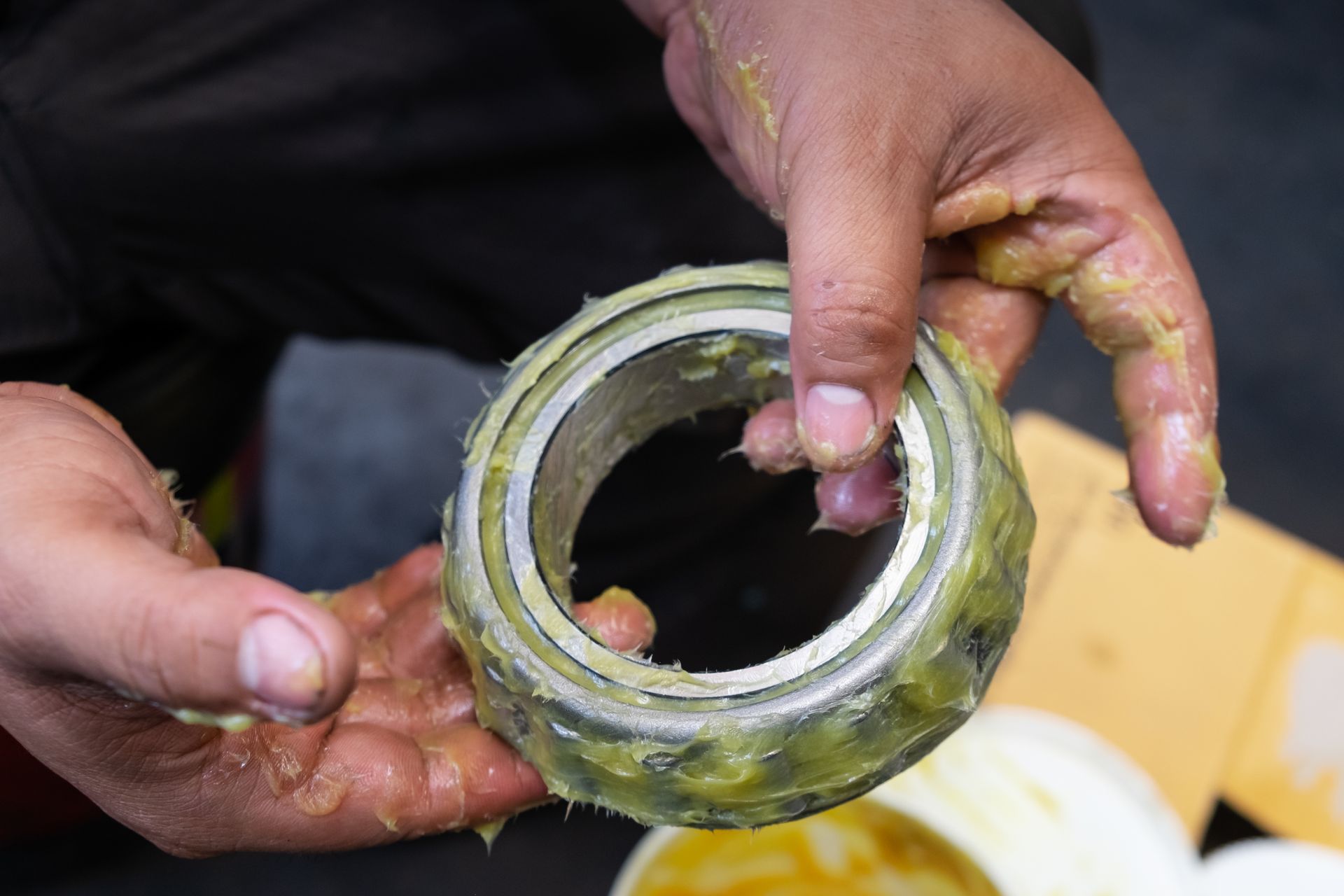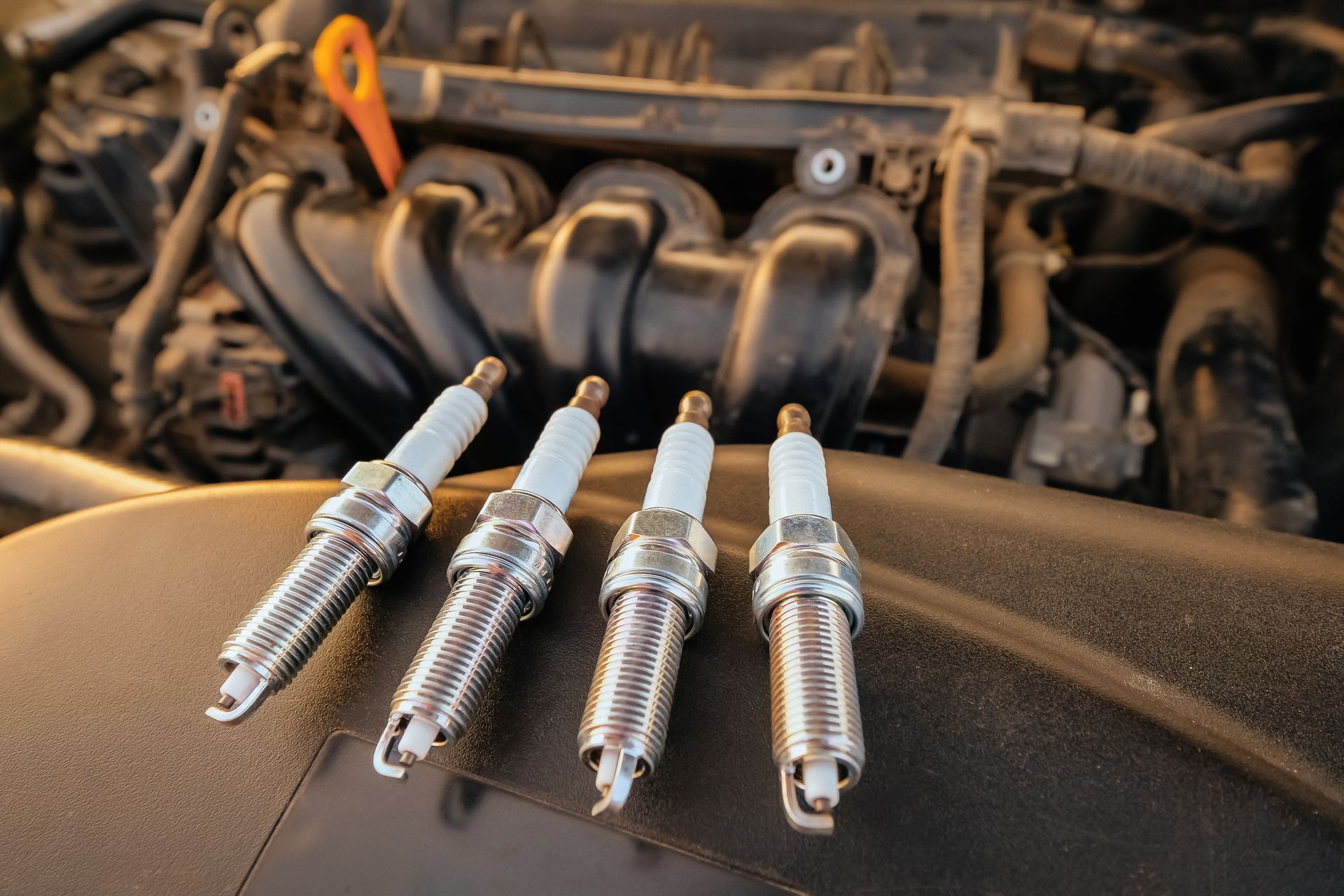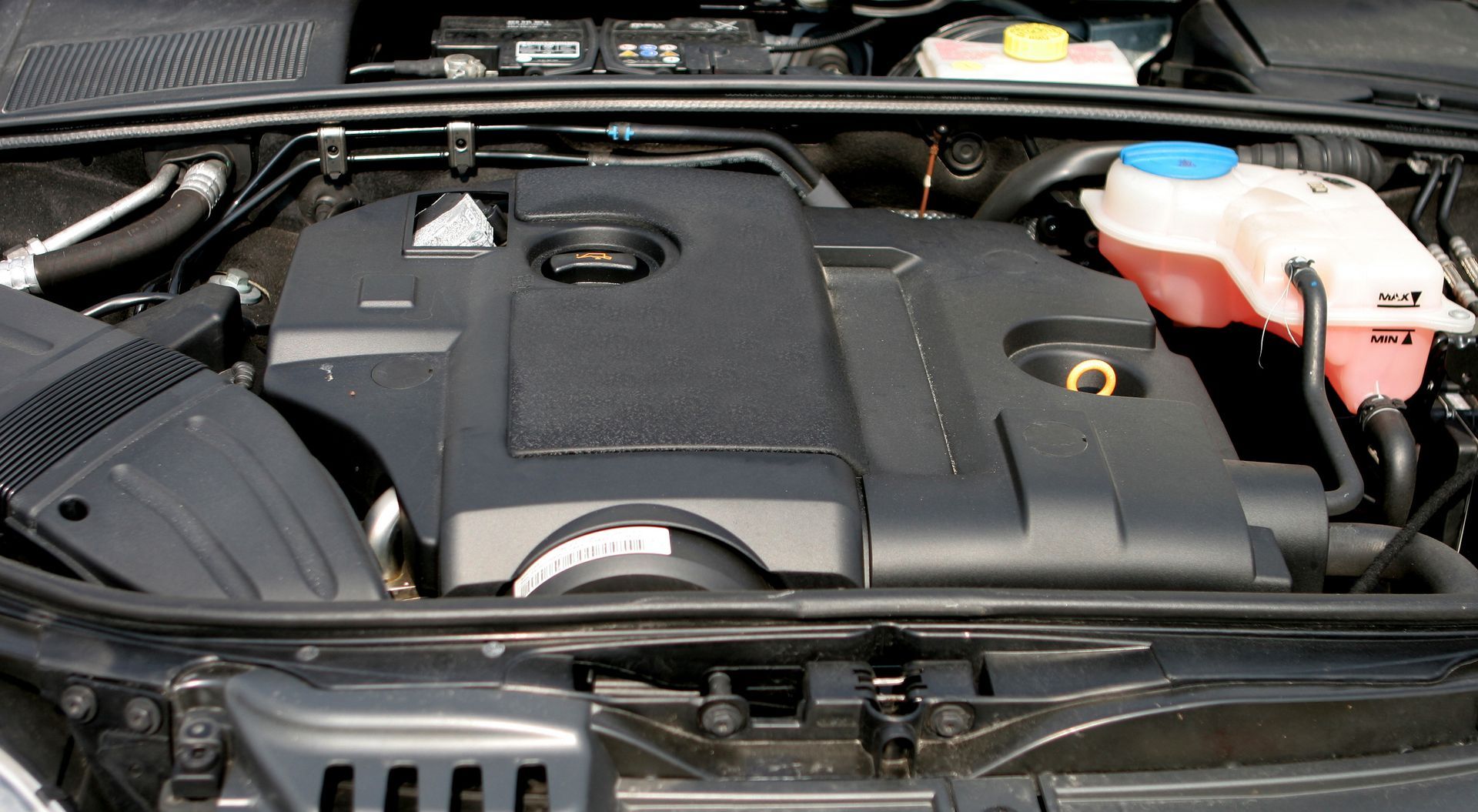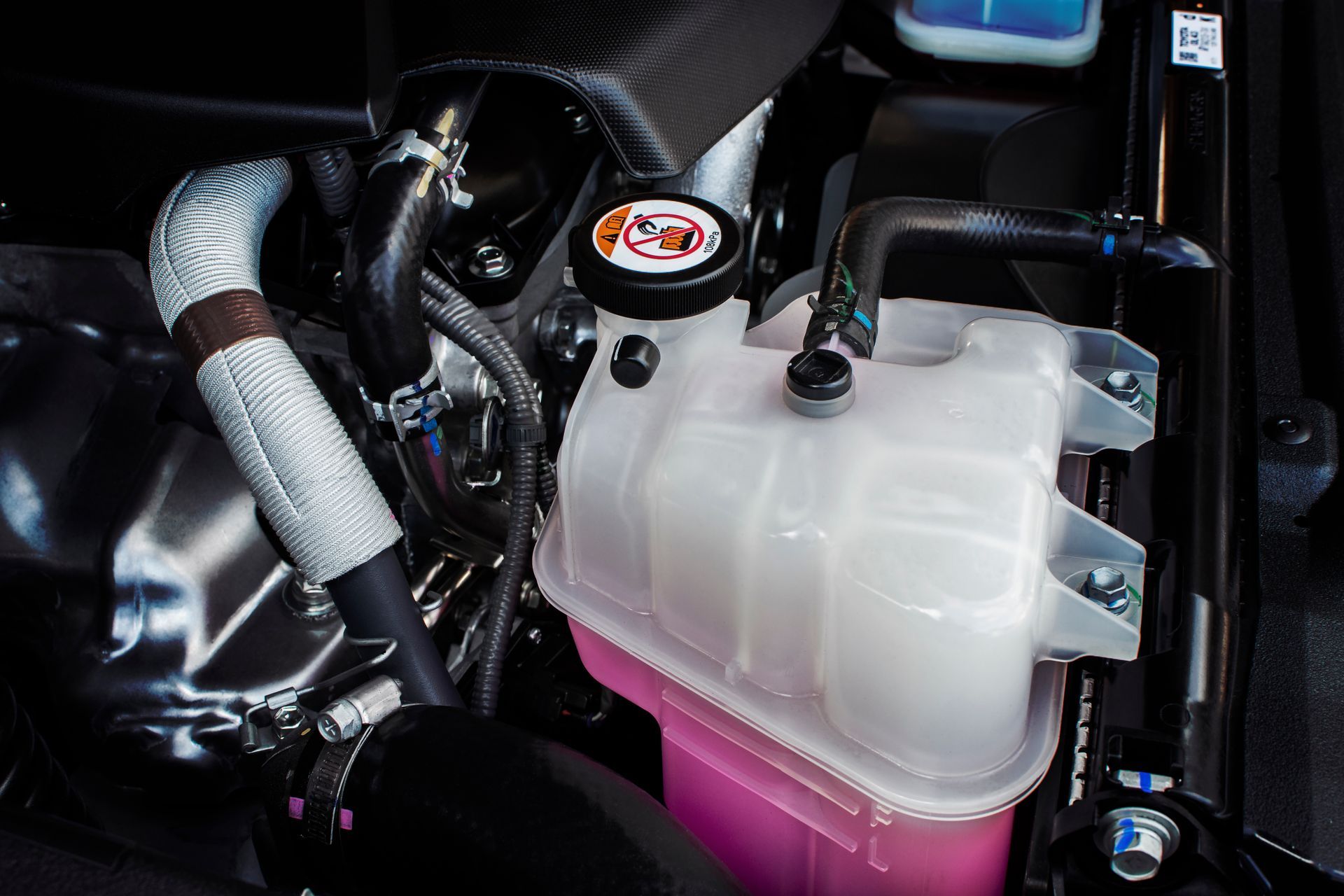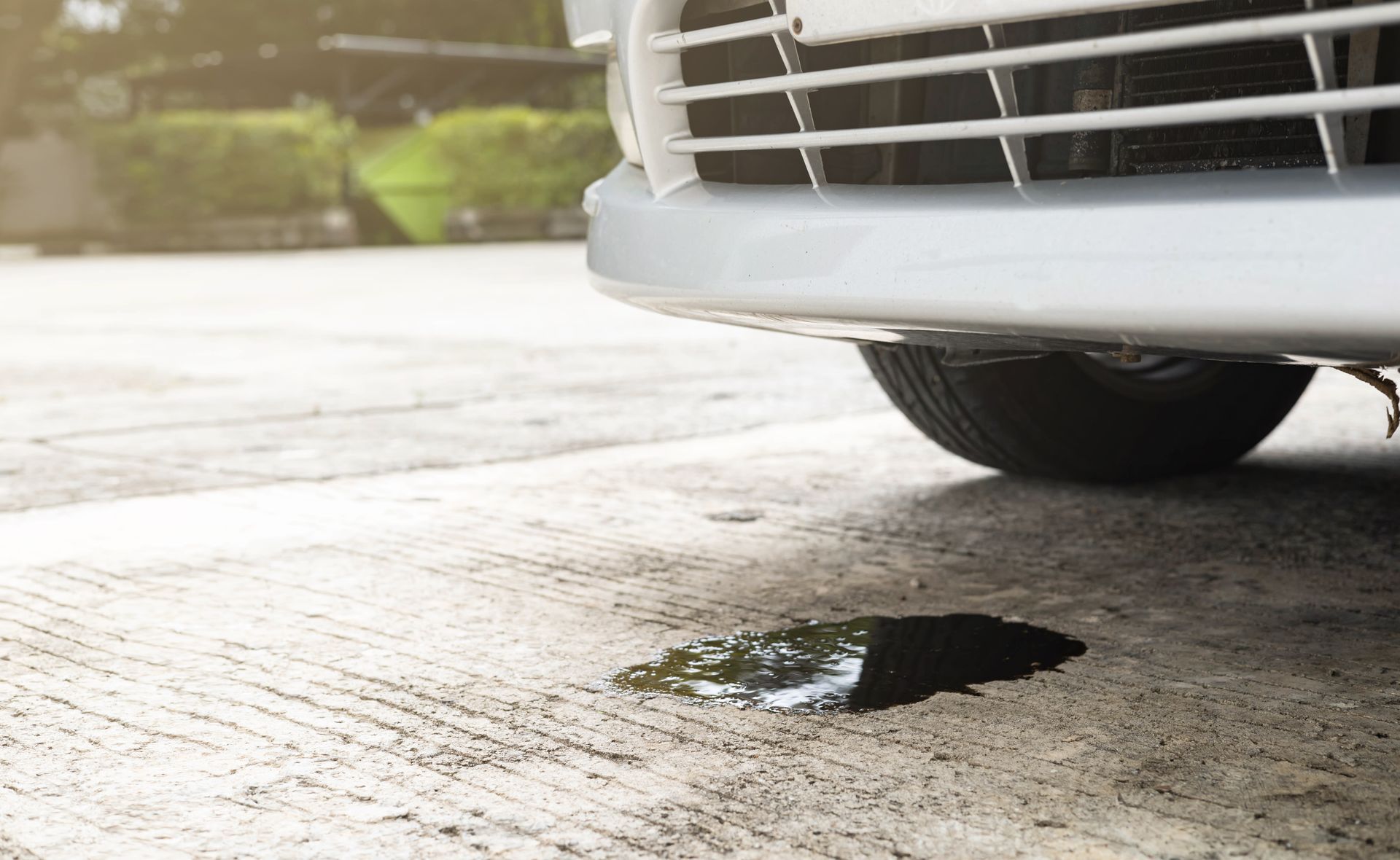As winter sets in, your car's heater becomes necessary for comfortable drives. But what happens when it stops working, leaving you shivering during your morning commute? The culprit often is a failing cabin radiator (commonly known as the heater core). This crucial component plays a significant role in keeping your vehicle's interior warm and cozy, but when it starts to malfunction, it can cause a range of problems. We’ll share the common signs that your cabin radiator might be failing and what you can do about it.
The Role of the Cabin Radiator
The heater core is part of your vehicle's heating system. It works by using hot coolant from the engine to warm the air that gets blown into your car's interior. Essentially, it’s a small heat exchanger located behind your dashboard. When it’s working correctly, it not only keeps you warm but also helps defrost your windows, improving visibility during chilly weather.
A malfunctioning cabin radiator can make your winter drives uncomfortable, and ignoring the warning signs could lead to more severe (and expensive) problems down the road. So, let's take a look at some of the symptoms you should watch out for.
1. Lack of Heat from the Vents
One of the most obvious signs of a failing cabin radiator is when your heater stops producing warm air. If you’ve cranked up the heater to the maximum but still feel cold air blowing through the vents, this could indicate a problem with the heater core. Sometimes, the issue is due to a blockage or a leak in the heater core that prevents hot coolant from circulating properly. Either way, if your heater isn’t working as it should, it's a clear sign that something is amiss.
2. Foggy Windows That Won't Clear Up
Another telltale sign of a failing cabin radiator is persistently foggy windows. Under normal conditions, your car's heating system helps to clear moisture from the windshield, allowing for better visibility. However, if the heater core is leaking, it can introduce additional moisture into the cabin, leading to fogged-up windows that are difficult to defrost. You might even notice a greasy film on the glass, which is caused by the coolant mist settling on your windows.
If you’re constantly fighting to keep your windows clear, it might be time to get your heater core checked out.
3. Sweet Smell Inside the Car
Have you noticed a strange, sweet odor inside your vehicle? That’s a common sign of a coolant leak, which could be coming from the heater core. Coolant has a distinct, sweet scent, and if your heater core is leaking, that smell can quickly fill the interior of your car. It’s not just an inconvenience either—coolant fumes can be harmful to your health if inhaled over time. So, if you catch a whiff of something sweet while driving, it’s best to address it sooner rather than later.
4. Puddles of Coolant Under the Dashboard
Finding unexplained puddles of liquid inside your car is never a good sign. If you notice coolant pooling under the dashboard, it’s a strong indicator that your cabin radiator is leaking. This happens when the heater core's internal seals fail, allowing coolant to escape. Not only does this leave your car smelling bad, but it can also damage your vehicle's interior, leading to soggy carpets and potential mold growth.
If you’re dealing with mysterious wet spots on the passenger side floor, it’s time to have your car inspected by a professional.
5. Engine Running Hotter Than Usual
Believe it or not, your cabin radiator issues can affect your engine’s performance, too. Since the heater core is part of the car's overall cooling system, a malfunction can lead to overheating. If you notice your engine’s temperature gauge creeping up more than usual, or if you see steam coming from under the hood, it might be due to a heater core problem. This can happen when coolant isn’t circulating properly, reducing its ability to cool the engine effectively. An overheating engine can cause severe damage, so don’t ignore this sign.
What to Do if You Notice These Signs
If you’re experiencing any of these symptoms, it’s essential to act quickly. A failing cabin radiator can lead to more significant problems if left unchecked, such as engine overheating or even a complete breakdown of your heating system. The good news is that many of these issues can be resolved with a professional inspection and repair.
Ignoring heater core issues not only makes your drive uncomfortable but could also pose health risks due to inhaling coolant fumes. So, if you notice any unusual smells, foggy windows, or leaks, don’t wait—get your vehicle checked out by a trusted repair shop.
Don’t let a failing cabin radiator leave you shivering this winter. Schedule a complete heating system inspection with
Gibbon Tire and Auto today, and we’ll make sure your car stays warm and cozy throughout the cold months.
